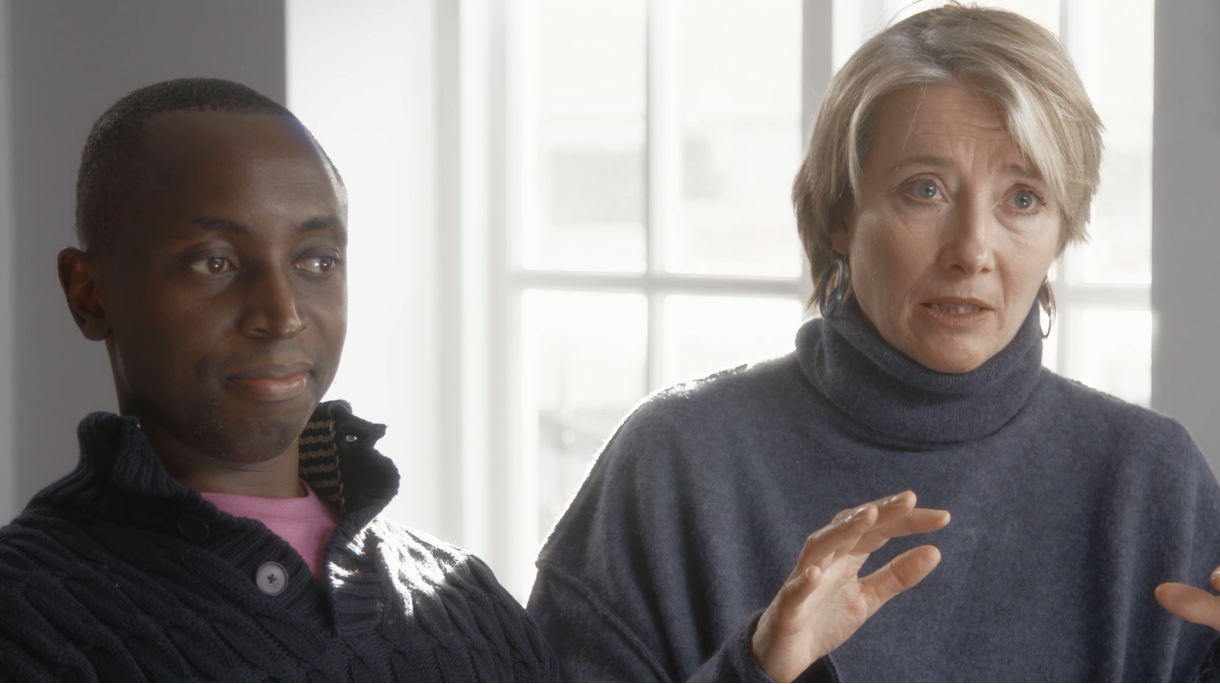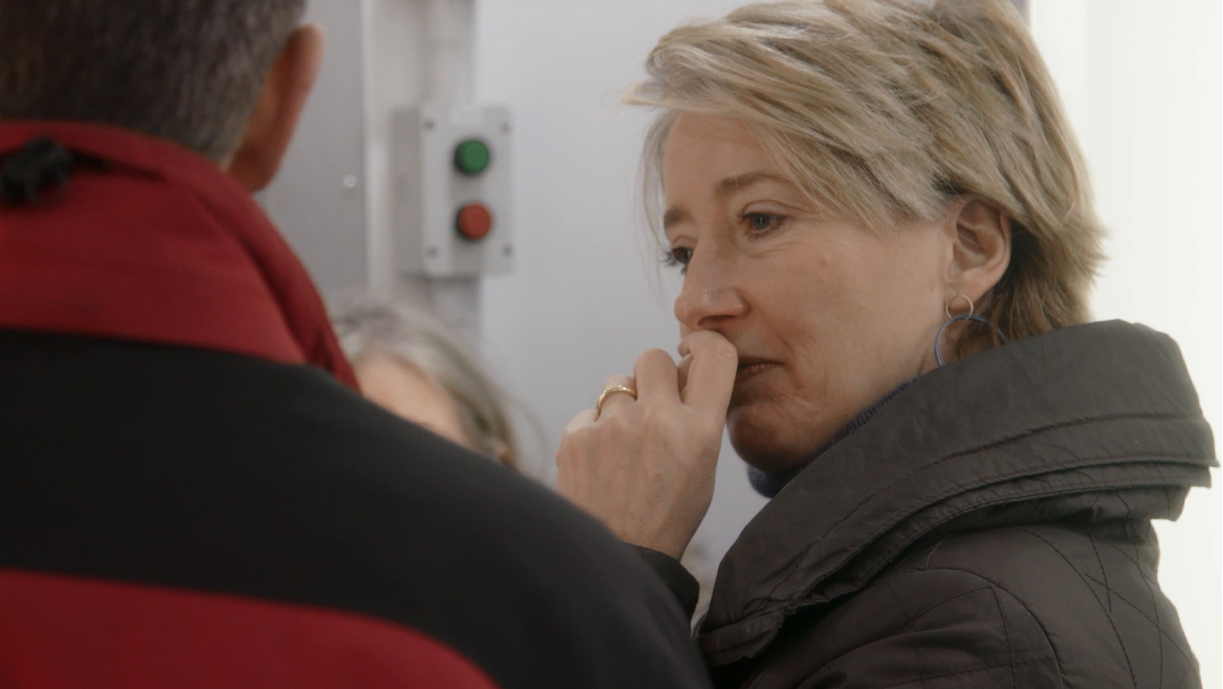https://www.youtube.com/watch?v=IMybhqoZ75I&feature=youtu.be
There’s a very important reason we are releasing a film today with such a recognisable and admired actress. It’s all about the current tuberculosis (TB) situation in London.
In 2014 there were 2,572 cases reported in London - more than any other capital in Western Europe, which makes today- World TB Day, a key moment.
This TB prevalence is notable, and even though there has been a decrease since 2012, the number of cases in London is much higher than the rest of the UK. We have a lot of work to do.
Raising awareness of the symptoms and the need to be tested is key.To help get the message out there, we have commissioned a film alongside the Greater London Authority which tells the story of Emma Thompson and her son Tindy Agaba.
Tindy was diagnosed with TB in 2011 and the film follows Emma and Tindy as they travel to Whittington Hospital to meet the consultants who treated him.

The making of the video seemed like an experience worth writing about, as an opportunity to really understand the problems we face with TB.
On the bitterly cold morning of the filming, I sat Inside the Whitechapel Mission homeless centre while one of Britain’s most accomplished actresses warmed her hands on a cup of coffee.
Emma, Tindy and I sat huddled next to a mountain of sleeping bags, a stark reminder of those around us who had spent the night sleeping rough. But on this particular occasion this vulnerable group of Londoners would benefit from a hot cooked breakfast and the opportunity to get screened for TB by UCLH’s Find & Treat mobile unit.
The idea behind the film was for Emma and Tindy to share their very personal experience of TB and urge Londoners to get tested if they thought they might be at risk.
Following her son’s diagnosis with TB in 2011, Emma has become London’s ‘TB ambassador’ and has joined forces with the Greater London Authority (GLA) and ourselves to raise awareness of the disease, its symptoms and the treatment available.
Perhaps best known for her roles in period films, it seemed fitting that she would describe the disease as ‘Dickensian’ and was shocked when her son Tindy was diagnosed.
My team worked with the GLA to portray Tindy and Emma’s story, highlighting the fact that TB knows no class boundaries and can affect anyone. It was important that we destigmatise the treatment process for TB and emphasise that the high quality services available on the NHS are effective.

I am delighted with the final product and would like to thank all involved, in particular Emma and Tindy for their commitment on the day of filming and to the wider TB agenda in London.
Engagement methods like this public facing video are an important resource if we are to connect with Londoners. The issue of public engagement was highlighted recently in the ‘Get Well Soon’ report, published by the New Local Government Network and Collaborate last week. The report suggests that only 16% of the general public feel engaged with their health.
As the director of public health for London, I find this figure concerning and remain committed to understanding the diverse lives which Londoners lead and how this, in turn affects population health outcomes.
As the director wrapped up filming on set at the Whitechapel Mission, I began to reflect on the importance of placed-based approaches to public health and the importance of connecting with people on issues that matter.
TB matters to PHE London so I urge you to look at the film and share it far and wide on your social media channels.

